
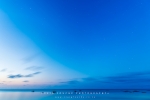


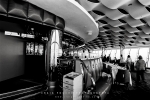
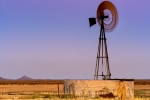

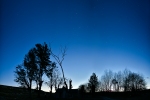
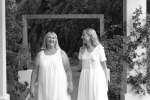
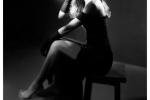
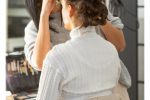

This blog has been adapted and shared from here.
What does the law say about photography, and street photography in South Africa, here is the bottom line when it comes to taking photographs in public places in South Africa.
In South Africa, any person can take a photograph that includes any other person, without permission. A photographer does not need your permission to take your photograph, if he or she is on public property when he or she does so. It does not matter that you may be on private property at the time, for example, on the upstairs balcony of your home and a person walking past on the public pavement outside, snaps your picture.
You have the right to take photos of anyone or anything if it can be seen from a public area. This includes parks, city streets and sporting events or concerts. This also allows for any private property or buildings to be shot from within the public domain. Any person and member of the public is basically wavering their right to anonymity or privacy by appearing in these areas and is therefore fair subject matter for images.
“Whoa! Hold on!” I can almost hear you scream. “There must be some exceptions.”
Yes there are.
Members of the public only have rights in a place where privacy is a reasonable assumption. Put your camera away in restrooms, private houses, changing rooms etc.
Once we leave public domain and enter private property we are subject to their rights of admission.
The only other restriction on what may or may not be photographed is that specifically placed there by government and covers matters of national security. This usually means military installations and infrastructure and can include police stations, airports, bridges, consulates, embassies, transportation facilities and border crossings. Taking a photograph of any of these is illegal and will likely end you in hot water.
![]()
The problem in many cities in South Africa, unlike other cities in the world, is, most of the places where members of the public gather, are privately owned. Shopping malls immediately spring to mind and there, photographers are subject to the terms and conditions laid down by the owners or managers of the property. Often this includes a “no photography” condition.
Most shopping centres have “no photography’ signage posted at all their entrances and can refuse you permission to enter or ask you to leave. Security guards are within their rights to prevent your taking photographs and ask you to leave but they may not confiscate your equipment, destroy images or detain you in any way. Should you refuse to leave they may bring a charge of trespass against you.
It is important to bear in mind many locations that seem to be public places are, in fact, privately owned. Two examples are the V&A Waterfront in Cape Town and Melrose Arch in Johannesburg.
It would be prudent if you are doing landscape photography to “meet and greet” the farmer of the lands you wish to photograph; with crime levels and farm murders as they are, you certainly wouldn’t want to be shot at whilst shooting a wonderful vineyard scene etc.
Okay, so you’ve shot an awesome image of someone on the street, what are you allowed to do with the image?
Images of people for personal or “fair use” purposes include: news, satire, works of art and informational or educational purposes. This means you can legally publish the image on your news or photographic arts blog. You can also sell that print as an artwork, without the subject’s permission.
However, the photographer may not use an image in a way that misrepresents the subject. That is to say you cannot publish the photograph in a context that directly states or implies anything about the subject that is untrue. This would constitute an act of libel and may lead to legal recourse against the photographer.
If you plan to use the image for commercial purposes (create an advertising campaign or sell it to a stock-photo agency, for example,) you will require a model release signed by the person photographed. An individual has sole rights to their persona being used for commercial promotion.
In a nutshell for street photographers:
I have broken no law by making a photograph of you.
I am under no obligation to explain to you what I am doing or why I am doing it.
I am under no obligation to show you the photograph I have made.
I am under no obligation to identify myself to you.
The photograph I have made is legally my property.
Although I don’t do it, I am fully within my rights to continue making photographs of you while you are in conversation with me.
If you attempt to physically restrain me from doing so by touching my person, you are breaking the law. If you do not wish to be photographed the only legal way you can prevent it is to move away from the scene.
If you threaten me physically you are breaking the law.
A smile and an explanation will diffuse most situations. Showing the subject the image and offering to email it to him or her, goes a long way and will often result in an invitation to take more photographs.
But, in the end you need to make a judgement call. Trying to explain your legal rights to three, steroid-addled, bouncers, who insist you delete the photo you shot of them while they stood outside on the pavement, may be an exercise in painful futility. Only you can decide if the photograph is worth the hassle.
Copyright only applies to physically manifested work; this can be in the form of a photograph or a digital file. It does not apply to a thought or idea or concept for an image. Whoever ‘reduced such ideas into material form’ will then be the person holding the rights to that work regardless of whether or not it was their concept. The person who holds the rights to an image is therefore its creator, and does not need to be the person responsible for pressing the shutter release on the camera specifically, but rather the person responsible for the artistic input, which includes styling, lighting, sets and composition.
Where South African law differs from international law is in the line “commissioned photographs are owned by the commissioner (client)” This means freelance photographers have no rights to their work. This is a contentious issue that may be covered in further articles and forums. But fortunately this issue can be circumvented by mutual agreement even when it takes the form of a verbal agreement. The act allows for negotiation of these default terms, and consequently any agreement negotiated comes under contract law which then overrides the Copyright Law.
Copyright is automatic; you do not need to take any action to ensure your photograph is protected by the law. Adding the copyright logo to an image only serves as a reminder that the creator reserves rights on the usage of the image. Secondly it allows interested parties to know who to contact if they want to obtain rights for an image. Marking an image with copyright information should include the copyright owners name, the year the image was first made public or was published, the copyright symbol and which rights are reserved. (These can include all rights being reserved or commercial use, uses other than for educational purposes, print and publication more than a single form of media etc.)
Copyright is valid for 50 years from when an image was made public or the first date of publication.
You can take a photo of anyone, anywhere as the act of taking a photo is not illegal. There are few exceptions which pertain to government installations that carry restrictions. The photographer has to carry out his shoot being mindful not to infringe on others right to privacy, accommodate trespass laws and should be cognisant not to infringe on the copyright of other artworks. Bearing in mind the taking of photos and the publishing of photos are two separate issues.
Streetphotographer
Digital Photography Courses
McLarens Attorneys
Smit and van Wyk Attorneys
Photo Secrets
If you have any questions or comments feel free to participate in on the comments below; check out my Facebook page and like to receive regular image and news updates.
Please subscribe to my free monthly NO-SPAM newsletter which will inform you of any new workshops, activities, products and upcoming events.
SUBSCRIBEI am a Western Cape Winelands photographer based in South Africa, photographing locally and internationally. I am a registered NPS (Nikon Professional Services) member, a contributor to Nikon South Africa's social media pages and website. I photograph a broad variety of genres, using film - 35mm, 120, 127 and 4x5" 4x10, 5x7" & 8x10" format as well as digital medium and are very passionate about my work.
My work has been published in various South African newspapers and magazines including Atlantic Gull Magazine with a cover, SA4x4, HIGH LIFE (British Airways Magazine), Getaway Magazine, Wildside Magazine and Weg!/go! Magazine. I finished as a Top Ten finalist in the 2016 Getaway Magazine Gallery Competition, finishing with Highly Commended. The South-African national news broadcaster eNCA has also made use of video footage that I have produced.
Please feel free to comment and share. You can also click on the social media buttons in the footer below and see what I am currently doing, or sign up for my newsletter and follow me.
Until next time, thanks for your support, appreciating my work and reading my blogs.
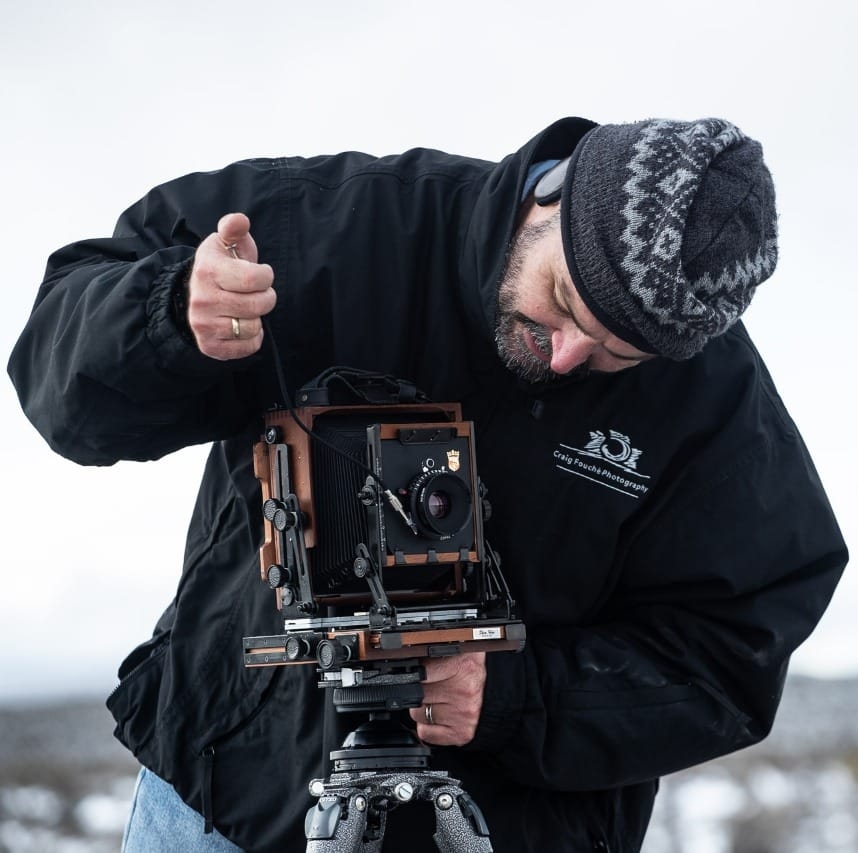
Craig Fouché, Rogge Cloof, Sutherland, South-Africa ©2020 Kirsten Frost Photography